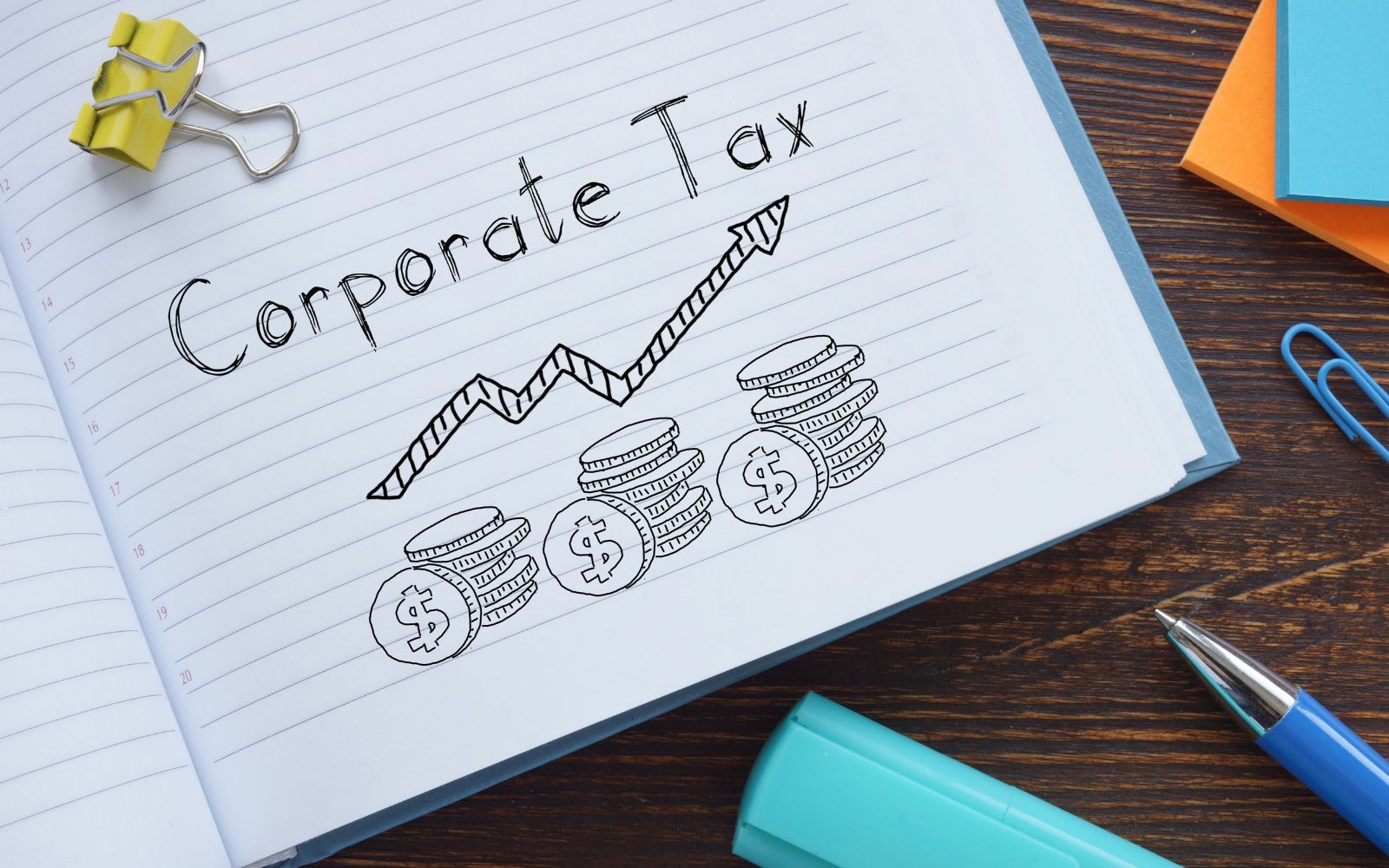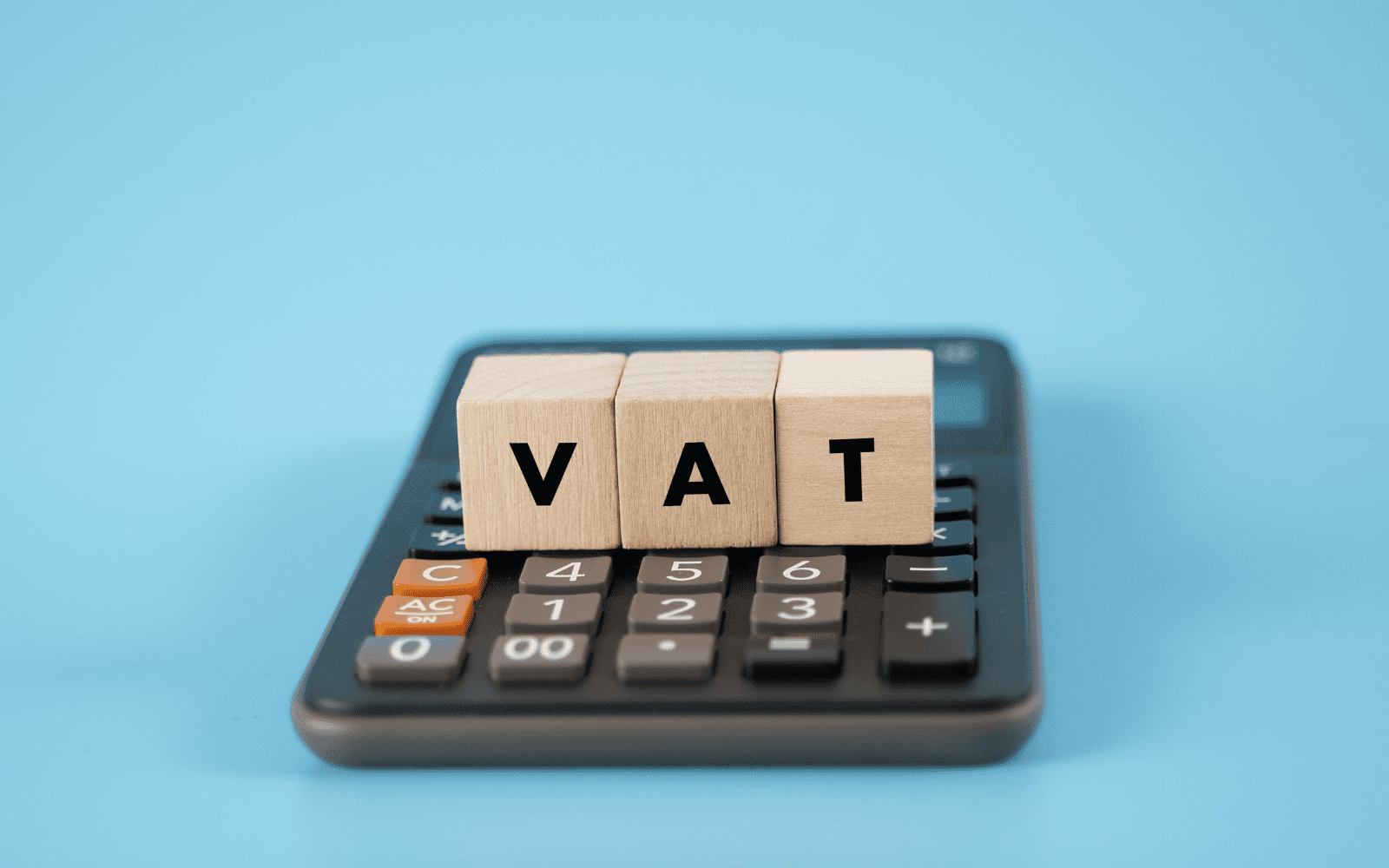Practicalities of forming a partnership

A partnership can be a simple and flexible way for two or more people to own and run a business. However, unlike limited company status, partners do not have any protection if the business fails. If one of the partners resigns, dies, or goes bankrupt, the entity has to be dissolved, even though the business itself can continue.
Although there are no legal formalities involved in establishing a partnership, which may come into existence under an oral agreement, it’s a good idea to have a formal partnership deed drawn up. This is a legal document that sets out what each partner is responsible for and what they can expect from the business. Many ask a solicitor to help with this agreement, but it’s possible for partners to draw one up themselves. Note that although anyone can enter into a partnership, partners under the age of 18 cannot be legally bound by the terms of such agreement.
With regards to tax and National Insurance Contributions (NICs), each partner is self-employed and takes a share of the profits. Usually, the partners share the decision-making and management of the business, but each partner is personally responsible for any (and potentially all) debts that the partnership incurs. Both partners pay income tax and NICs on their share of the business profits.
As well as an active partner (or partners), a partnership may include a ‘sleeping’ partner. Broadly, the sleeping partner contributes money to the business but doesn’t get involved in running it. As a result, they usually receive a smaller annual share of the business profits.
A partnership must appoint one of the partners (referred to as the ‘nominated officer’) to complete a partnership tax return each year to submit to HMRC. This includes a Partnership Statement which shows how profits or losses have been divided amongst the partners. The nominated partner is also obliged to provide the other partner/s with a copy of the Statement so they can complete their own personal tax return correctly.
Registration
All partners are responsible for submitting their own individual tax returns. However, the partnership must register with HMRC by 5 October in the business’s second tax year, or a penalty may be incurred. Registration should generally be done online although it can be done manually, using form SA400 (for the business) and forms SA401 (for the partners).
VAT
Where a sole trader takes in one or more partners there is a change in business entity for VAT purposes. If the sole trader is VAT registered, the change must be notified to HMRC within 30 days and the existing VAT registration will be cancelled. Alternatively, an application may be made (on form VAT 68) for the VAT registration to be transferred to the partnership. The business itself must register if the VAT taxable turnover is more than the VAT registration threshold (currently £85,000).
LLPs
A limited liability partnership (LLP) structure may be an agreeable compromise in some circumstances – offering both the flexibility of a general partnership and the limited liability protection of a company. LLP partners share costs, risks, and responsibilities of the business. They also take a share of the profits and pay income tax and NICs on their share of the partnership profits. However, under an LLP agreement, debt will be limited to the amount of money each partner invested in the business, and to any personal guarantees given to raise business finance. Since liability is generally restricted to the level of investment, members of LLPs will benefit from a certain level of protection if the business runs into difficulties.
The information available on this page is of a general nature and is not intended to provide specific advice to any individuals or entities. We work hard to ensure this information is accurate at the time of publishing, although there is no guarantee that such information is accurate at the time you read this. We recommend individuals and companies seek professional advice on their circumstances and matters.




